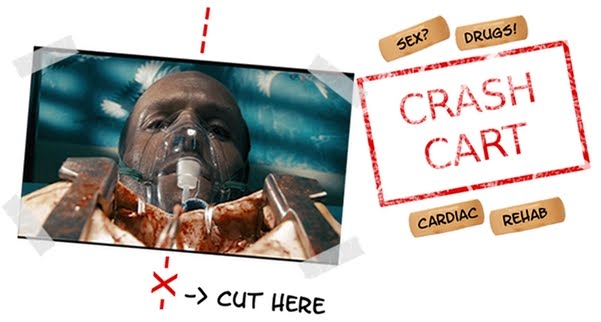Went back in for my semi-regular protime blood test at the doctor's office (my PCP, or GP for you Commonwealth peeps) and was happy to say I am actually pretty stable at this point (2.5 INR). At this stage I've been pretty good over my last couple of tests, so no more blood work till 6 weeks from now. Not sure how comfortable I am with that, seeing as how I am only 4 and 1/2 months out, and things are still changing as I continue to rehab: 6 weeks seems like a long time. However, insurance only pays for so many tests based on how stable I am, and they don't want to contribute towards any home monitoring, as I don't meet the criteria for needed weekly INR testing. I guess that is a good thing, will just have to wait and see. I've been pretty good about keeping things in my diet pretty stable, and exercise levels are also pretty consistent, so here's hoping INR-wise things stay stable without too much drama till my follow-up....
Overall though, it's nice to finally be in a pretty consistent range that also meets with where my surgeon wants me to be. Honestly, for all the bad rap that coumadin gets, it really hasn't had that much of an effect on my lifestyle: I can eat and drink what I like, and my doctors just adjust the dose to match my lifestyle. The trick is is to be pretty consistent; have a consistent amount to drink (alcohol-wise), if you like greens, eat 'em, just keep the amount you eat over several days pretty stable, without wild swings back and forth. You need or like to take supplements/multivitamins? Take them too, just take the same thing every day. Not rocket science by any means, but it does require some discipline. Nice thing about all this is 1) I still get to drink, I just drink less. This means I can afford to get the good stuff :) 2) As part of getting in Prison Quality Shape/PQF (minus the jailhouse tats or actual criminal record) I have to watch what and how much I eat, which segueways nicely into monitoring what I eat as far as coumadin/wafarin goes. Not too bad.

 Yay?
Yay?







